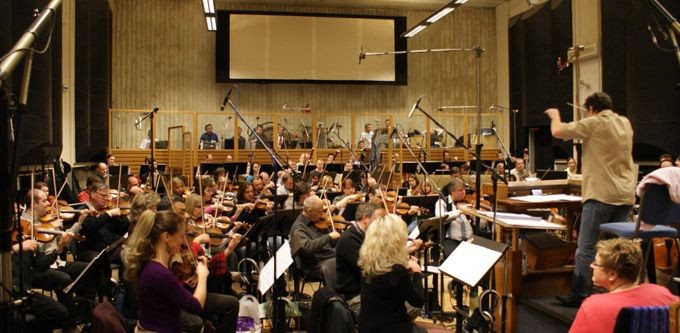Classical music, the creative tapestry woven from the loom of Western European sonic heritage, finds its hallmark in a meticulously crafted architecture of sounds and its intricate lacework of melodies. The Baroque epoch, a grand symphony played from the late 17th to the early 18th century, set the stage for the dominance of extravagant orchestral compositions and the lyrical drama of opera. We shall navigate the complex mazes of Baroque music, understanding its profound influences on the musical odysseys of maestros like Johann Sebastian Bach and George Frideric Handel. Further, we’ll chart the course of commercial royalty free music, a modern day phenomenon, and its reverberating impact on the classical music realm.
The Roots of Classical Music
The formal structure and complexity of classical music, which has its origins in Western European musical traditions, are its defining traits. From the late 17th to the early 18th century, the Baroque era, elaborate orchestral music and opera rose to prominence. We’ll delve into the complexities of Baroque music and examine how it affected other classical composers, including the likes of Johann Sebastian Bach and George Frideric Handel.
The Romantic Era and Beyond
The Romantic era of the 19th century was marked by a move toward more expressive and impassioned music. This movement, which strove to create music that expressed strong emotions and unique experiences, was best portrayed in the works of artists like Ludwig van Beethoven and Richard Wagner. Examining how the Industrial Revolution impacted music production and the rise of new musical genres like jazz and blues, we’ll look at music from the Romantic era and afterward.
The Birth of Modern Genres
The 20th century brought with it a wave of musical experimentation and innovation, resulting in the birth of modern genres like rock and roll, hip-hop, and electronic dance music. We’ll explore the cultural and social influences that shaped these genres and their impact on popular music. From the rise of DJ culture to the globalization of music trends, we’ll take a look at how modern genres continue to shape the musical landscape today.
The Future of Music
As technology continues to advance and global communication becomes more accessible, the potential for musical innovation and experimentation is greater than ever before. We’ll examine the role of technology in music production and distribution, as well as the impact of global cultural exchange on musical trends.
Conclusion
In conclusion, the evolution of music has been shaped by cultural, social, and technological factors throughout history. From classical music to modern genres, each era has left its mark on the musical landscape.








